Former Blue House Senior Staff Im Jong-seok et. al. Wielded Undue Power over Military, Created Military Personnel Blacklist, Anti-US a Criterion for a Promotion Category
2022-5-20, Tara O
Im Jong-seok, the former Chief of Staff under Moon Jae-in, with a past of jusapa (revering Kim Il-sung and Kim Jong-un), visited the 5th Infantry Division’s observation post at the DMZ on October 17, 2018 while Moon was out of country. Im was surrounded by senior national security figures, such as the Minister of Defense, the National Security Adviser, and senior military commanders. Im was the only one sporting sunglasses, and he appeared to give “on the spot guidance.” The Liberty Korea Party (predecessor to the People Power Party) accused Im of acting like he were the commander-in-chief.
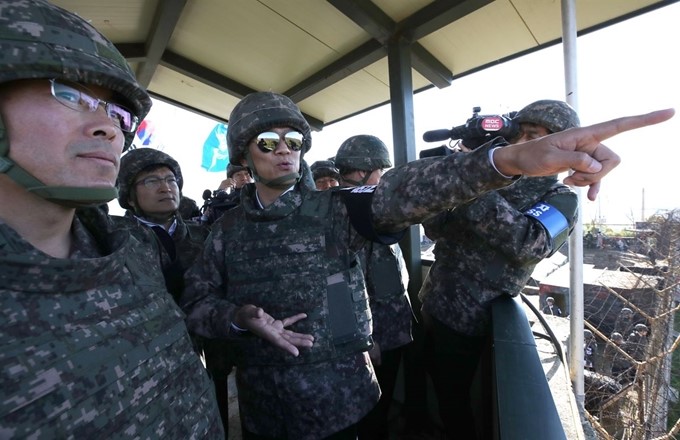
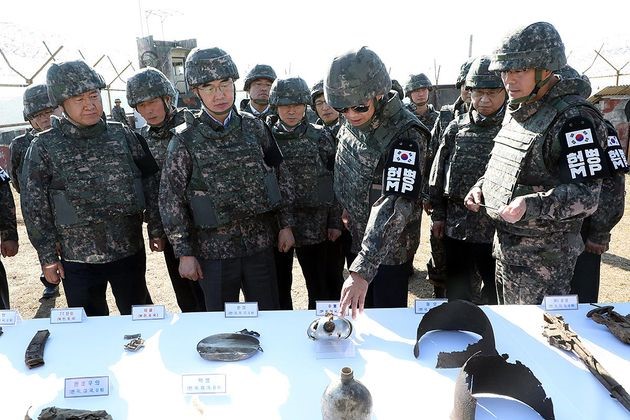
Testimony surfaced about the 586-generation (age in the 50s, activists in the 80s, born in the 60s) activists wielding undue influence over military personnel affairs, especially Im Jong-seok, the former Chief of Staff to Moon Jae-in at the Blue House. (0:21) In fact, the Blue House staff, none of whom are in the military chain of command, including the Presidential Secretariat for Civil Affairs (민정수석실) headed by Cho Kuk and the Senior Secretariat for Personnel Affairs (인사수석실), were directly involved in promotion and assignment decisions as well as making black lists of military personnel. (0:09) They also made blacklists for personnel in the Ministry of Environment, Ministry of Trade, Industry, and Energy (산업통상자원부), and other government agencies as well. (0:11, 0:55)
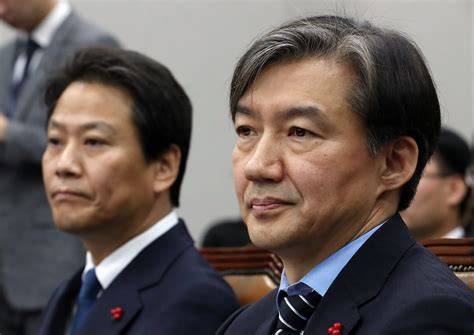
The Blue House senior staff directed promotions and assignments of generals and admirals by creating three categories of military personnel: 1) Suitable (green), 2) Partly Not Suitable (yellow), and 3) Not Suitable (red). The criteria were shocking. Anti-U.S. tendency was a criterion for the “Suitable” category, while those who strongly voiced the North Korean threat would be in the “Not Suitable” category. The former would be fast-tracked for promotion, while the latter would be excluded from promotion or worse.
Traditionally, each military services’ chief of staff recommends a list of personnel for promotion, which is sent up to the Minister of Defense, who nominates them to the president for promotion. However, the Blue House staff determined who will and will not get promoted based on who meets their criteria for the three categories, then instructed the Minister of Defense and the service chiefs to include those names of military officers to be promoted. Those marked in red were then excluded from even the recommendation for promotion list. To carry this out, it was confirmed that the then Army Chief of Staff General Kim Yong-woo (김용우) and a Blue House official of relatively junior level (5th level/section chief level) met at a coffee shop with a personnel list for promotion in September 2017.
For instance, in November 2018, then Vice Chairman of the Joint Chiefs of Staff General Lee Jong-seop (이종섭), who was a Secretary of Defense nominee in the Lee Myeong-bak administration, positionally was demoted to an Army Policy Researcher in the MND. Several months later in March 2019, he retired. (Note: With the change in the administration, he is currently the Defense Minister.)
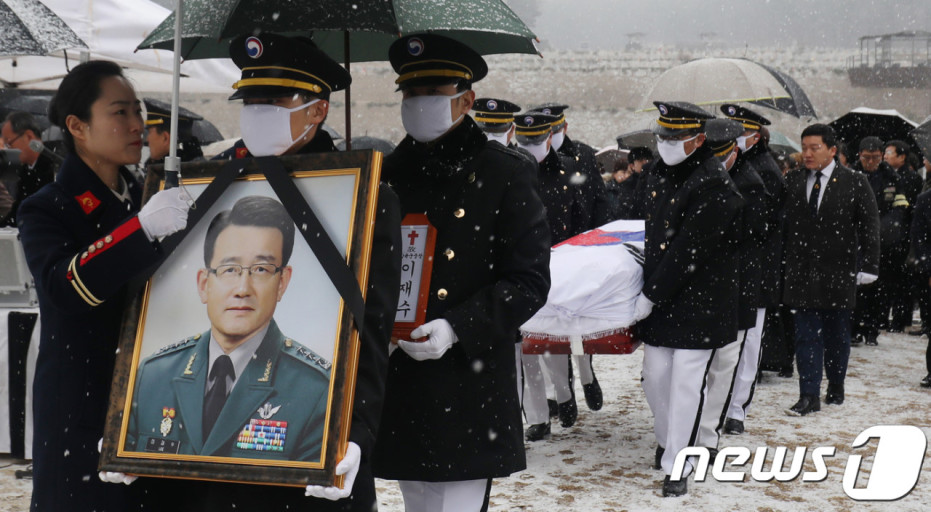
Lieutenant General Lee Jae-su (이재수), the commander of the now-defunct Defense Security Command, fared worse. Labeled as Jeokpae (deep-rooted evil/accumulated ill) as part of the Moon Jae-in administration’s political purge, intense and unfair investigations led him to commit suicide on December 7, 2018. General Lee was tormented by the prosecutors trying to coerce him to falsely blame Kim Kwan-jin, the National Security Adviser in the Park Geun-hye administration and the “man North Korea feared the most,” in order to make him complicit in the criminal charge. Kim Kwan-jin was found not guilty on August 14, 2019, and was released from jail. General Lee was found not guilty on January 17, 2021, since what the Defense Security Command was doing was part of carrying out its mission, but the court’s decision came too late.

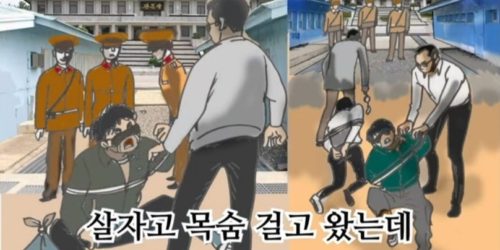
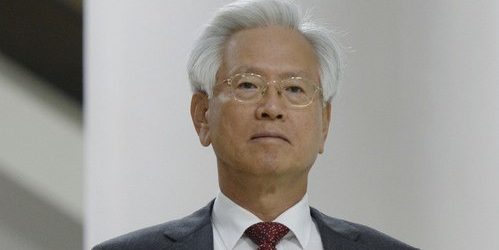
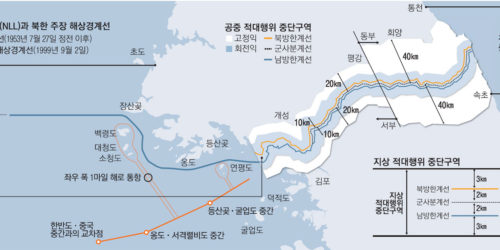
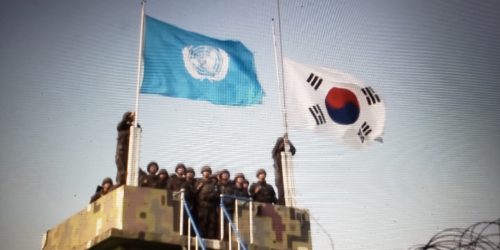
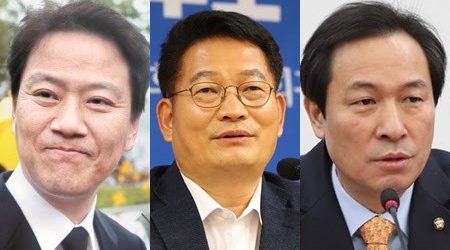
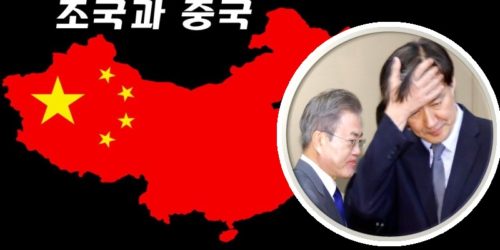
One question: does Im Jong-seok still have any influence in Korean politics, the same way Jiang Ze Min influences Communist Chinese policy?